Handmade productions by family factories in Tibet & Nepal
Dzambala Wealth Vase - Tibetan Treasure
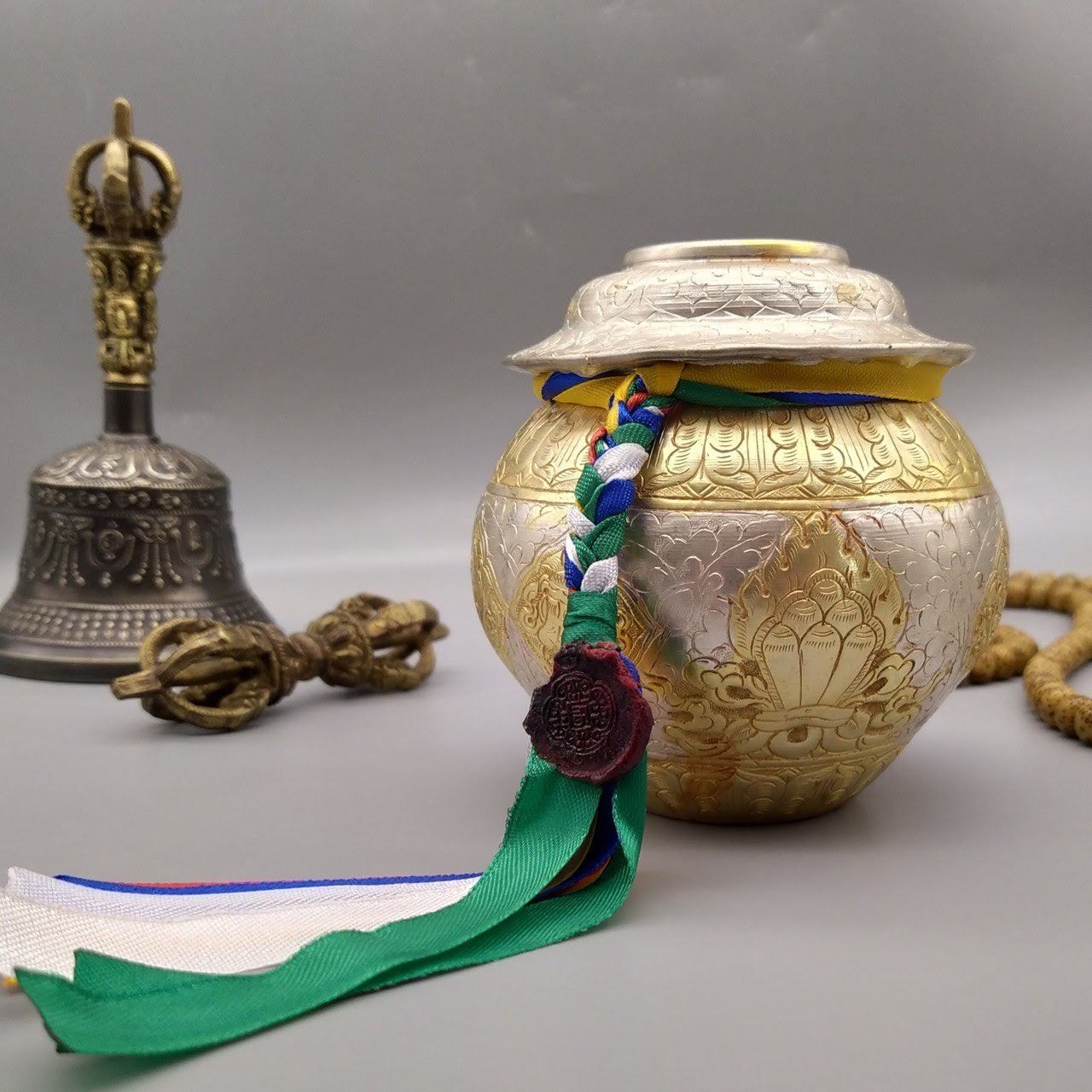
Traditionally, Tibetan Treasure Vases are given on auspicious occasions such as births, weddings, housewarmings or new ventures. They are kept in one’s home or business, or buried at a chosen site. The vases are the perfect feng shui remedy to restore vitality and harmony to elements (earth, air, fire, water and space) that are imbalanced, disturbed or depleted by environmental pollutants. Within the areas surrounding the vase, direct experiences of well being will occur.
Simhamukha. Angry Dakini with lion head
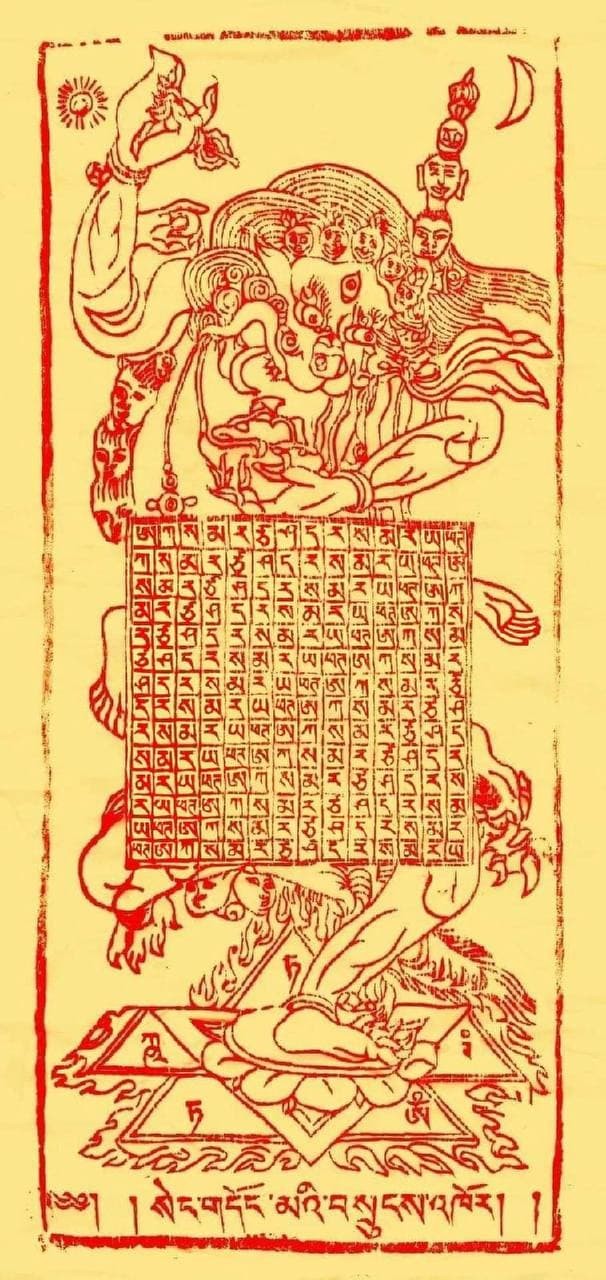
In terms of the higher tantras, the deity of meditation (yi-dam lha), who is both wrathful and feminine, is dakini Simhamukha. It is important to understand that despite her very angry appearance and head of an animal, she is not a guardian spirit (srung-ma) who is magically subjugated, turned to the Dharma and bound by oaths of service to some powerful Mahasiddha in the past. Rather, she represents the wrathful manifestation of the Guhyajnana Dakini, who, according to the Nyingma tradition, was Padmasambhava's chief teacher in the land of Oddiyana. Therefore, although Simhamukha is a dakini in her aspect, she functions as a yidam, or meditation deity, and her special functions are to prevent and repel (bzlog-pa) psychic attacks that...
Padmasambhava Guru Rinpoche
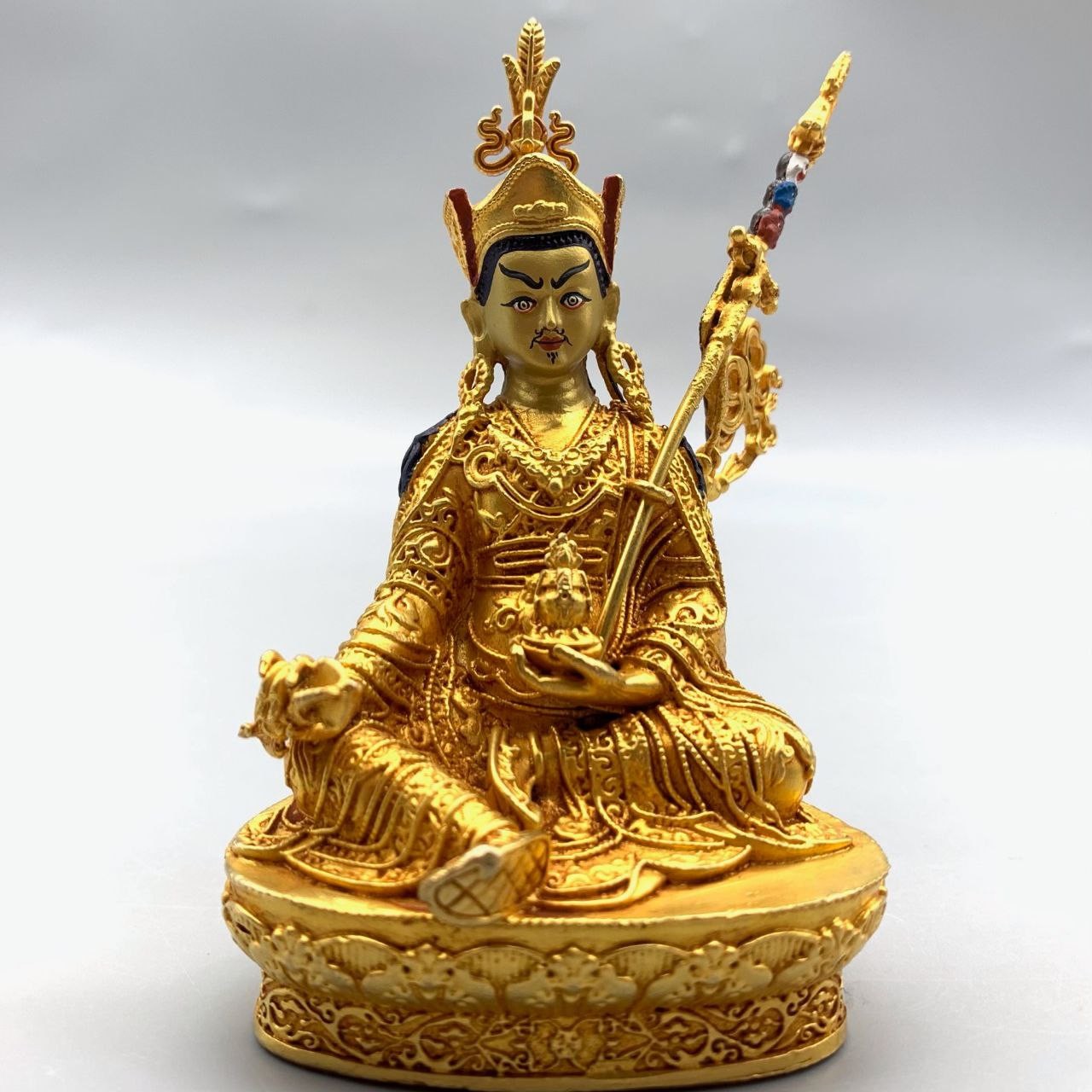
Before he passed into Mahaparinirvana, Buddha Shakyamuni prophesied that in eight (or twelve) years he would send an emanation to continue his activity, protecting the teachings and turning the wheel of Vajrayana.
The Benefits of the Vajra Guru Mantra And an Explanation of its Syllables
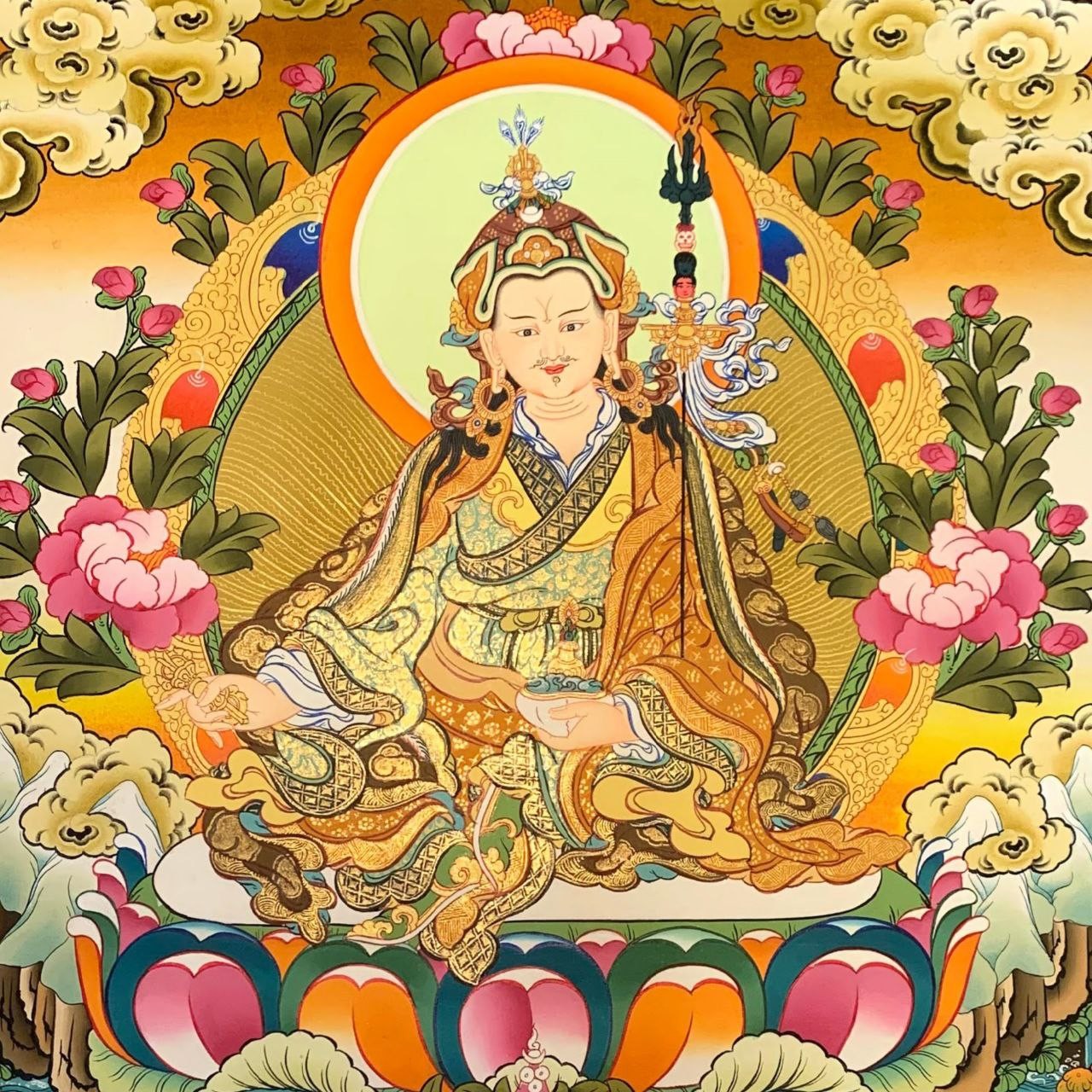
A Treasure Text Revealed by Tulku Karma Lingpa
Tulsi Mala
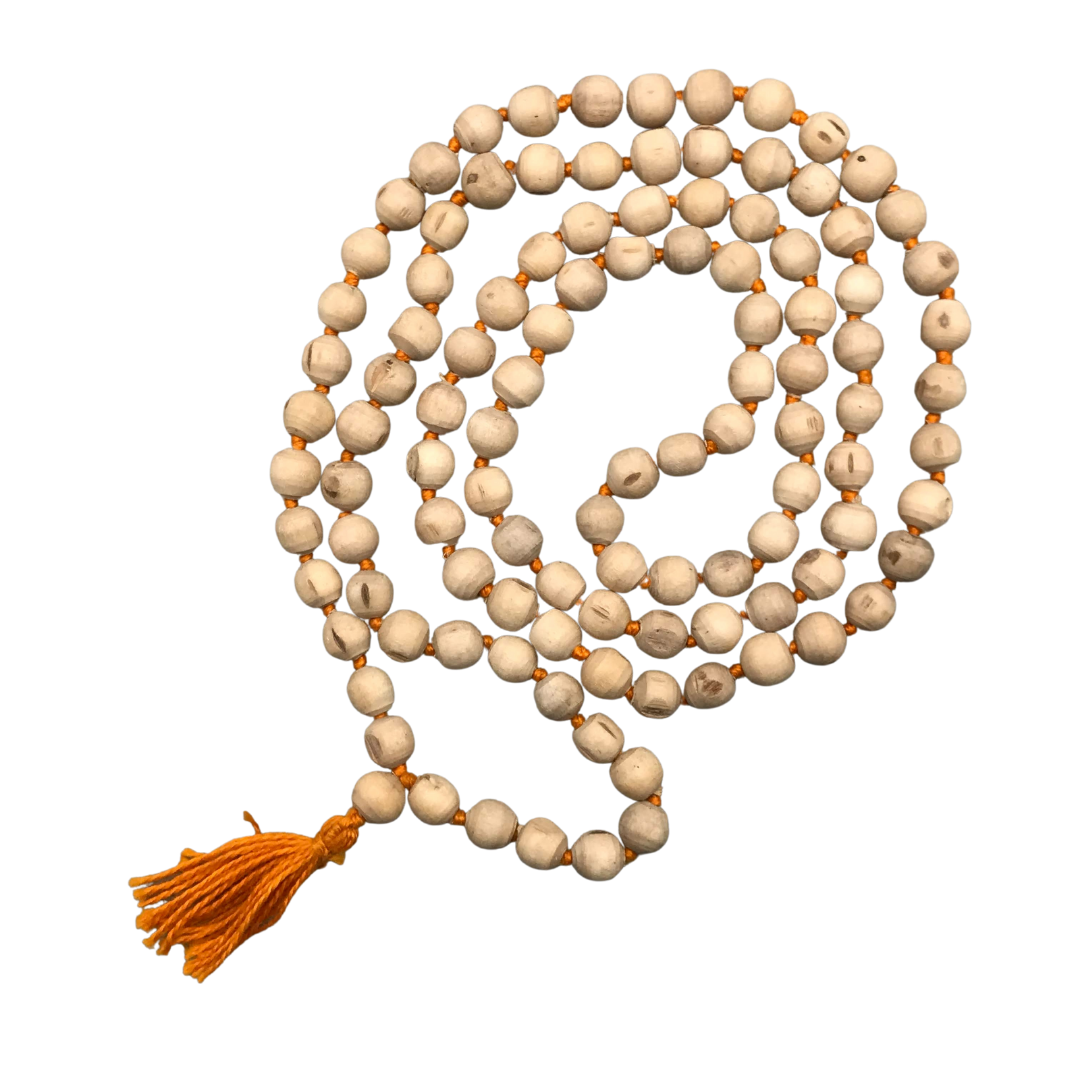
Tulsi means chaste, pure, divine, auspicious, superior, favorite of Lord Vishnu, and on a par with goddess Lakshmi. The Tulsi plant is found in almost houses in India. Together with the religious significance, Tulsi is popular for its medicinal benefits; it is also used in many medicines to treat different diseases and boosting immunity. In many countries, basil is an essential spice or food ingredient as well.
Лотос семена
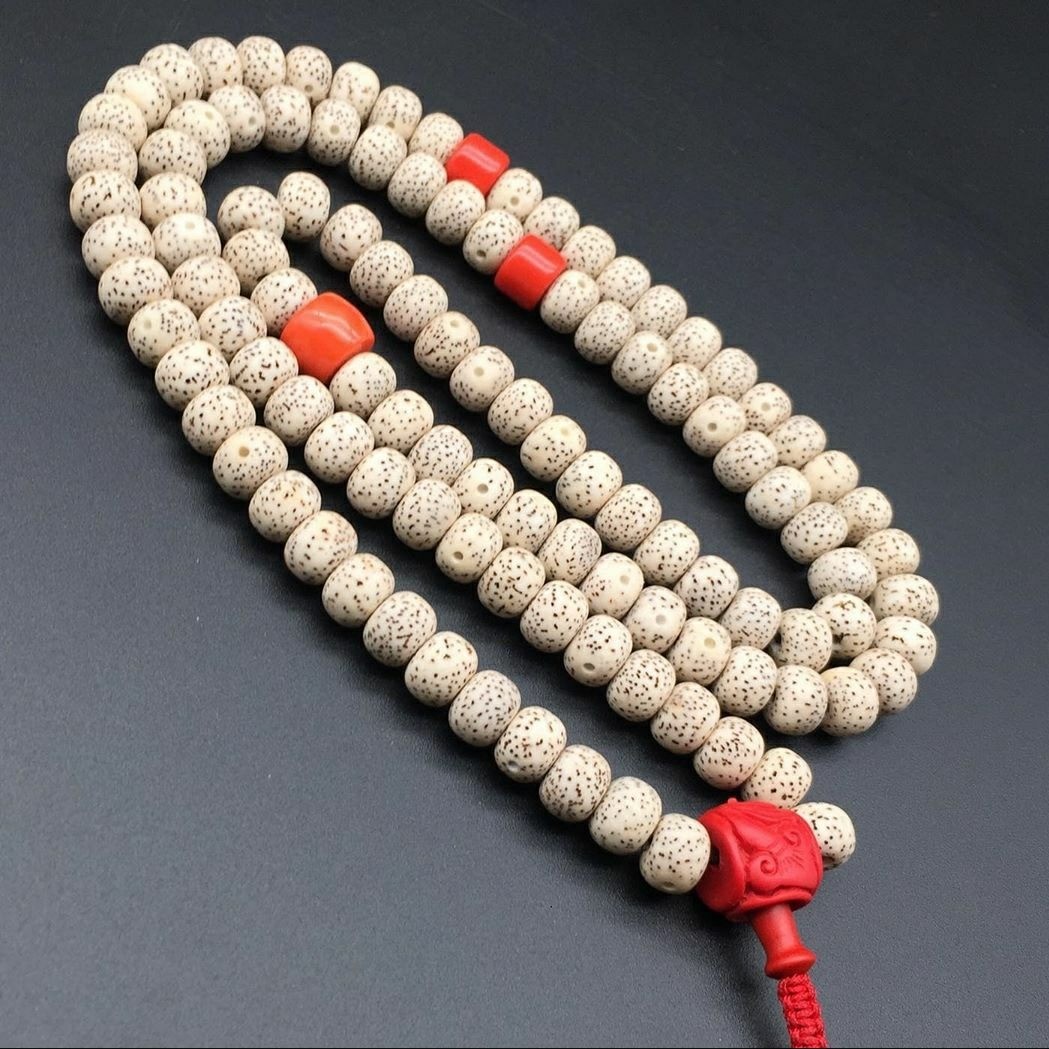
Лотос почитается на Востоке за то, что он способен существовать в трех элементах одновременно. Его корни живут в иле, стебель и листья растут в воде, а цветы цветут в воздухе. Взаимодействие с семенами чудесного растения приносит удивительный результат. Человек, как и Лотос, познает чувство внутренней чистоты. А там, где любовь и добро - там удача и молодость.
Бирюза
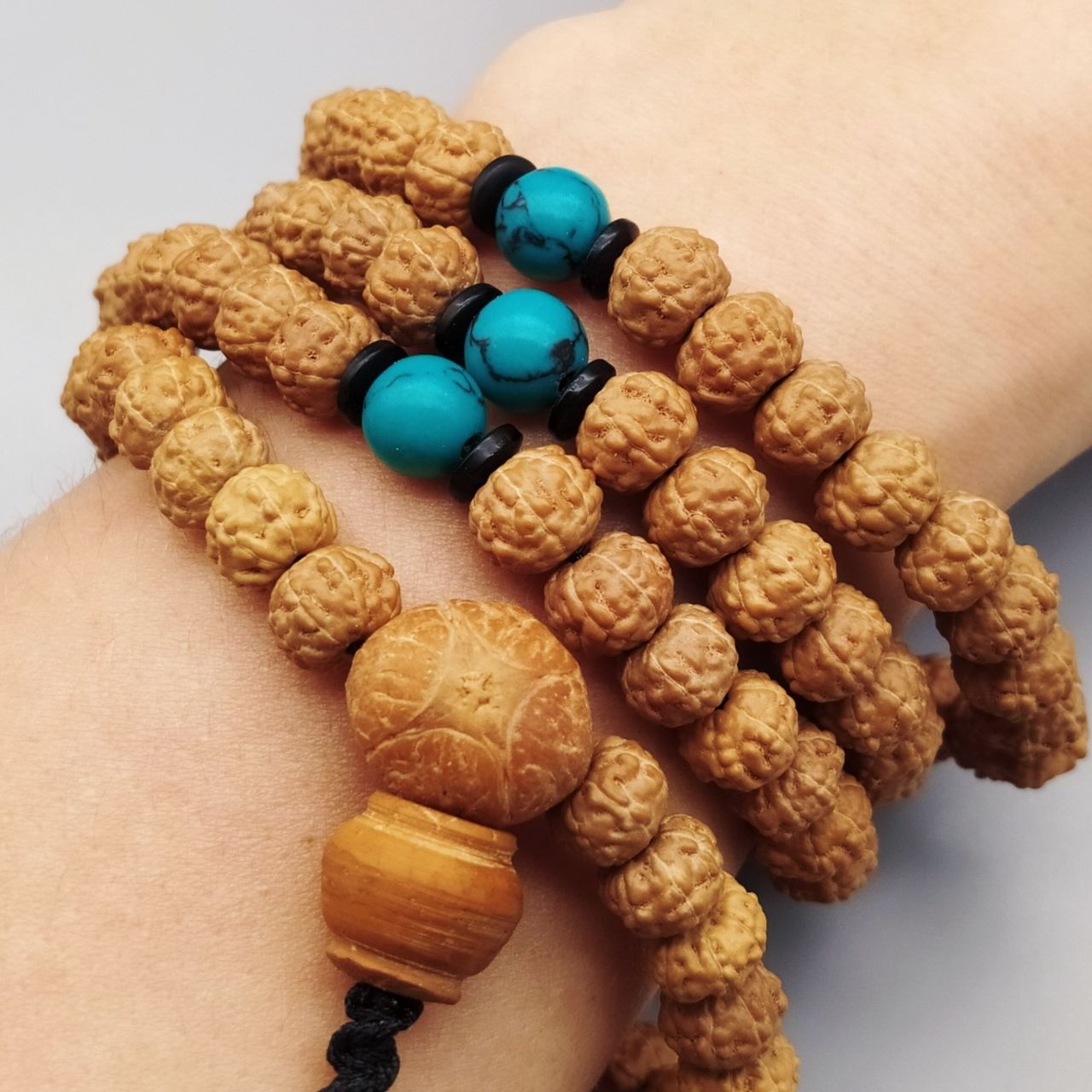
Soela Dorzhieva
Агар дерево
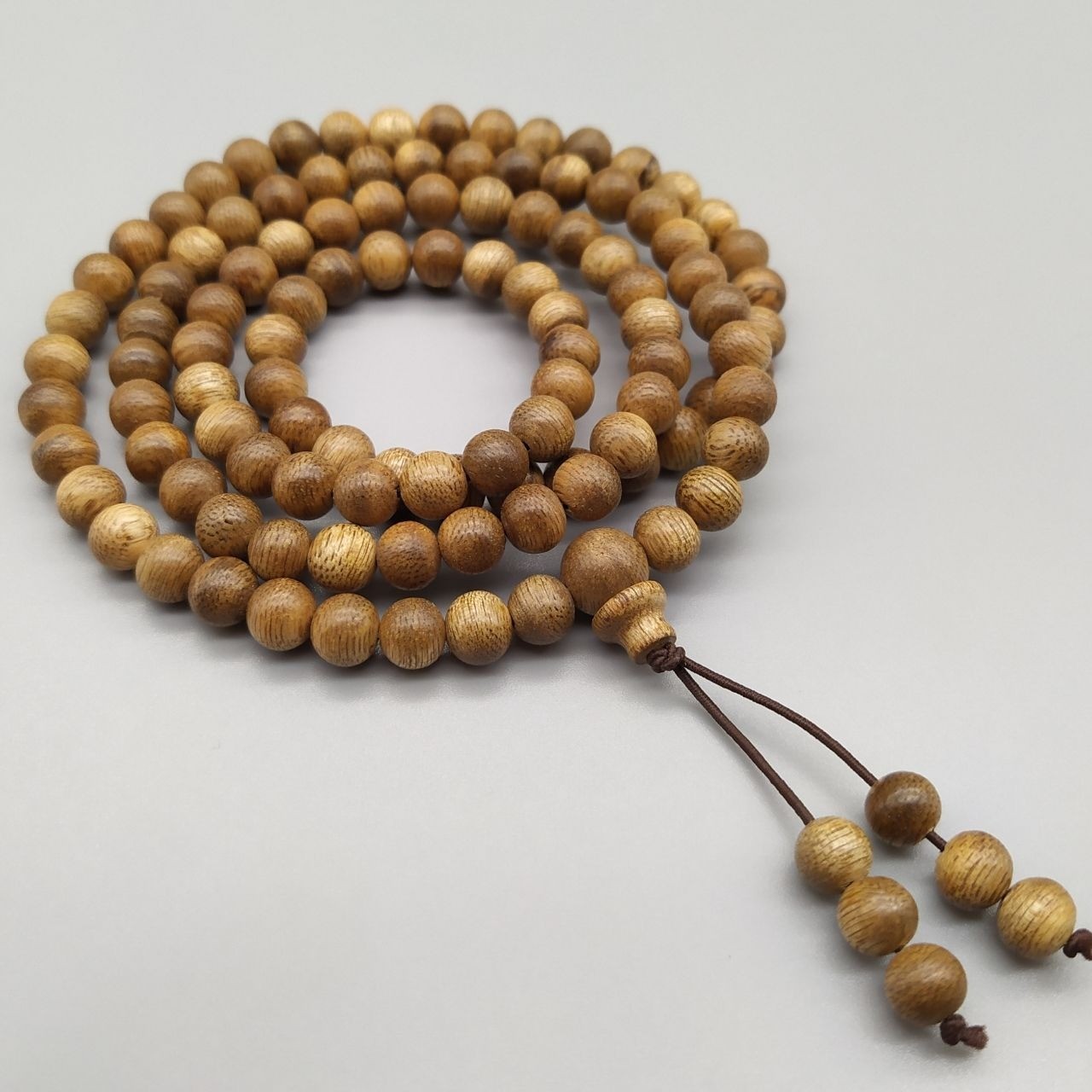
Агаровое дерево - духовное дерево, используемое в религиозных практиках и медитации.
Четки из красного сандалового дерева
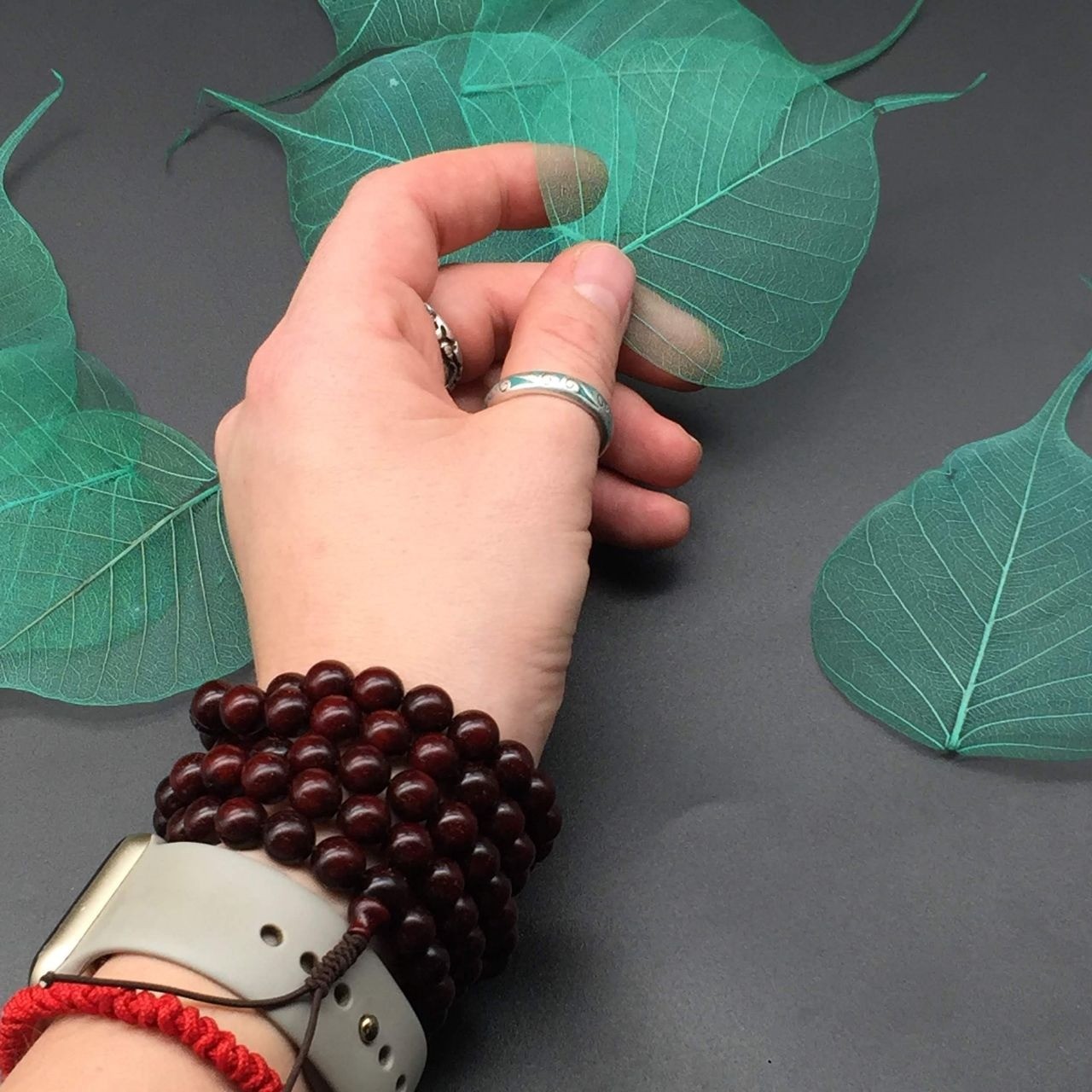
Сандаловое дерево чрезвычайно востребовано в промышленной и косметической индустрии. Также используется в религиозных целях (ритуальные предметы и благовонии). В Непале красный сандал преподносят Богу Ганеш.
Падмасамхава Гуру Ринпоче. Тханка.

2. Старая Тханка, возраст 40-45 лет. Присутствует золото. Непальская школа.
Dzi Beads Meaning
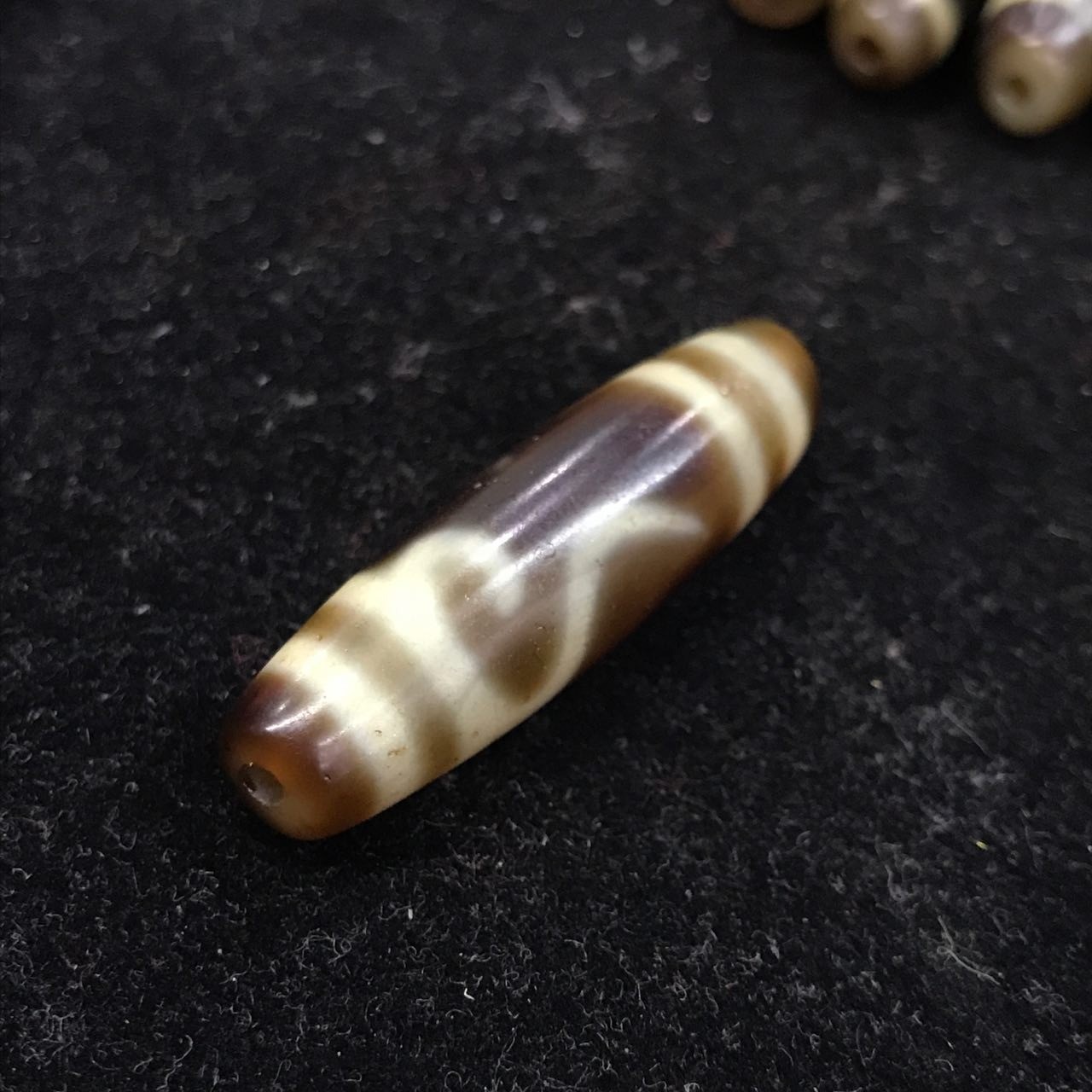
Все нижеперечисленные бусины в наличии, каждую можно рассмотреть в деталях. Цена за бусину написана под фото. Самая старая - последняя.